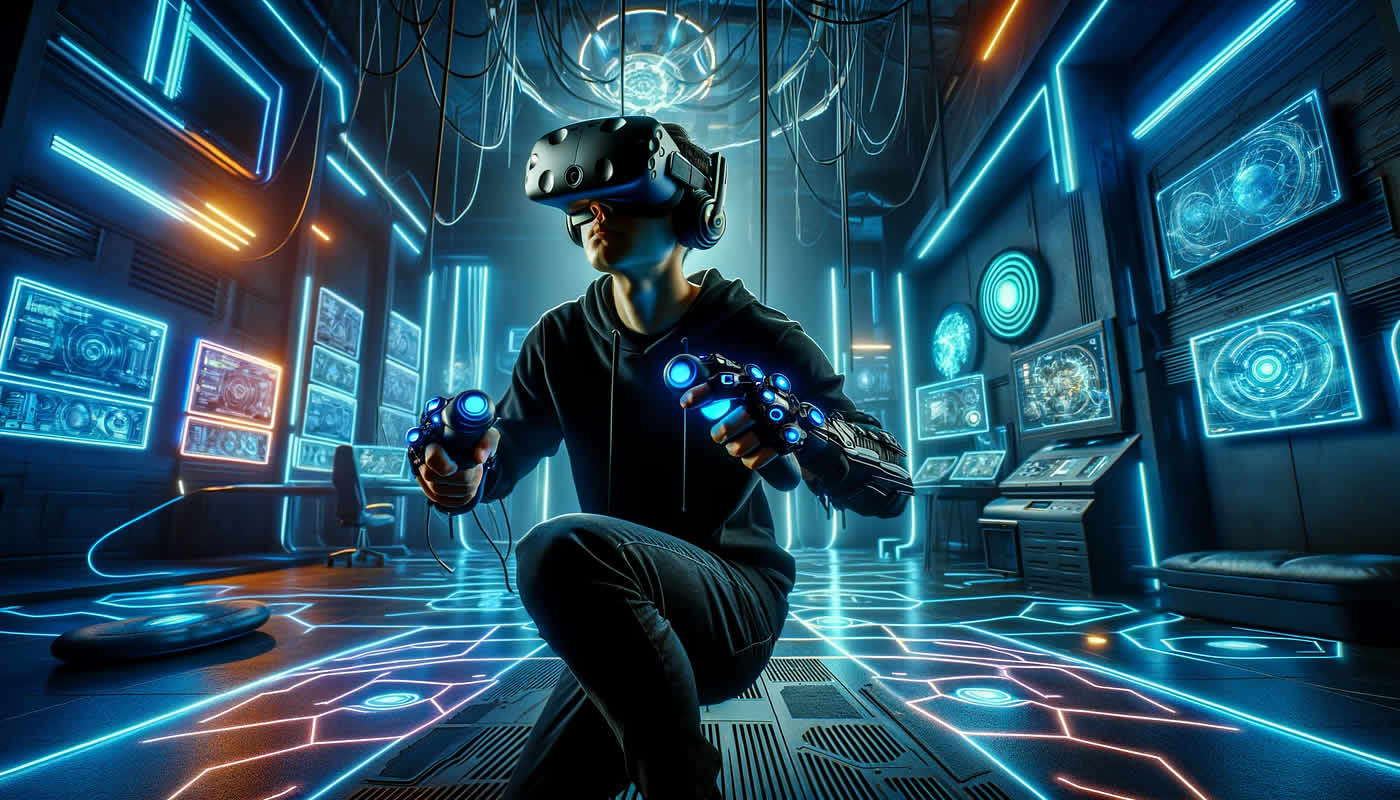As the realm of gaming expands beyond traditional boundaries, virtual worlds are increasingly recognized for their potential to teach real-life skills. Modern games are not merely about entertainment; they offer immersive environments that facilitate learning and development in ways that transcend conventional methods. This article explores how gamers are acquiring valuable skills through virtual worlds and how these experiences are translating into real-world benefits.
The Educational Potential of Virtual Worlds
Virtual worlds, such as those found in massively multiplayer online games (MMOs) and simulations, offer players more than just a chance to escape reality. These digital environments provide a platform for learning a range of skills, from strategic thinking to teamwork and problem-solving. Games like “World of Warcraft,” “The Sims,” and “Minecraft” are prime examples of how virtual spaces can foster skills that are applicable outside the game.
In MMOs, players often work in teams to achieve common goals, requiring effective communication, collaboration, and leadership. These skills are directly transferable to real-life situations, such as in the workplace or in community projects. Similarly, strategy games require players to make critical decisions based on limited information, honing their analytical and decision-making abilities.
Learning and Development Through Gameplay
One of the most significant areas where virtual worlds contribute to skill development is through the cultivation of problem-solving abilities. Games frequently present players with complex challenges that require creative solutions. For instance, in “Minecraft,” players can build and manage intricate structures, which involves understanding architectural concepts and resource management. This hands-on approach to problem-solving can enhance cognitive skills and foster creativity.
Moreover, virtual worlds often simulate real-life scenarios, providing players with opportunities to practice skills in a risk-free environment. For example, simulation games like “SimCity” allow players to manage entire cities, balancing budgets, infrastructure, and public services. This type of gameplay can offer insights into urban planning and management, providing players with a better understanding of these fields.
The integration of real-world elements into gaming is also evident in the rise of real money casino games. Platforms like real money casino offer gamers the chance to experience casino-style games, which can teach financial management and strategic betting. While these games are designed for entertainment, they also introduce players to concepts such as risk assessment and probability, which can be applied in real-world financial decisions.
Enhancing Social and Professional Skills
Virtual worlds are not only beneficial for cognitive skills but also for social and professional development. Many online games require players to interact with others, either through cooperative gameplay or competitive environments. This interaction can improve social skills, including negotiation, conflict resolution, and teamwork. In some cases, players build strong networks and relationships that extend beyond the virtual world, leading to real-life collaborations and professional connections.
The organizational skills gained from managing in-game projects or leading teams can be valuable in professional settings. For example, players who take on leadership roles in gaming communities often develop skills in project management, strategic planning, and motivational techniques. These skills are highly transferable and can enhance performance in various career paths.
Additionally, the gaming industry itself offers career opportunities in areas such as game design, development, and content creation. Gamers with a passion for the industry can leverage their knowledge and experience to pursue careers in these fields, applying their skills in a professional context.
The Future of Learning Through Virtual Worlds
As technology continues to advance, the potential for virtual worlds to facilitate learning and skill development will only increase. Innovations in artificial intelligence (AI) and virtual reality (VR) are set to enhance the educational aspects of gaming by creating more immersive and interactive experiences. For instance, VR simulations can offer realistic training environments for various professions, from medical procedures to engineering tasks.
Educational institutions and businesses are beginning to recognize the value of integrating virtual worlds into their training programs. By incorporating game-based learning strategies, they can create engaging and effective educational experiences that resonate with modern learners.
The ongoing evolution of gaming technology and its applications in education suggests that virtual worlds will play an increasingly prominent role in skill development. As these environments become more sophisticated, they will offer new opportunities for learning and growth, bridging the gap between virtual and real-life experiences.
Conclusion
The exploration of virtual worlds and their impact on real-life skills underscores the transformative potential of gaming. From enhancing problem-solving abilities and strategic thinking to fostering social and professional skills, virtual worlds provide a unique platform for learning and development. As technology continues to advance, the integration of gaming into educational and professional contexts is likely to expand, offering even more opportunities for personal and professional growth. The convergence of gaming and education heralds a new era of learning, where virtual experiences translate into tangible real-world benefits.














